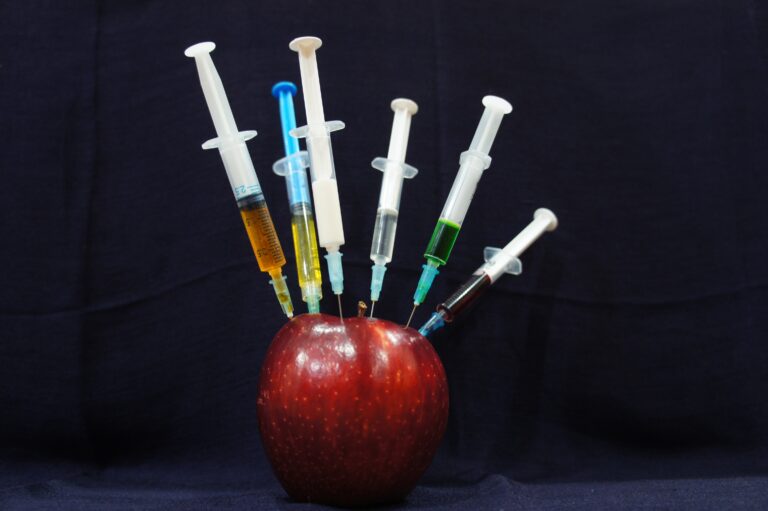
Is permanent weight loss and ending the obesity epidemic a sustainable business model for the dieting market? From a sustainability perspective, diets are not only intended to fail, but our economy and government are invested in the obesity, weight loss, and dieting industries.[i] The promise of dieting belies how our expectations and experiences are manipulated in an environment built to sustain the industries profiting from obesity, dieting, and all treatments for lifestyle diseases resulting from both.
Our social, psychological and biological survival depends on adaptations to environmental demands.[ii] Built to sustain the diet market, our environment demands we believe in the marketer’s promise of pleasure to avoid the pains of social comparison. Thus, just as physical pain precedes expectations of relief from our doctor, so too, our expectations of pleasure always follows from the social pain central to the food and diet marketing strategy.
Commercials never show the obesity epidemic or the millions who have regained the weight they lost dieting. We only see the ideals of beauty, sexiness, happiness, and youthful vitality for which we long but, as every marketer knows, don’t exist. Yet, these unrealistic ideals have become social norms and when we fail to measure up to them, we often judge ourselves and others to be something less than moral individuals. They make the aesthetics of the body more important than health; teach women to be insecure by demanding vigilant monitoring of the body for signs imperfections, and cultivating a readiness to believe in the marketer’s false promises to improve physical appearance and thus, momentarily relieve the pain it has induced. For the $72 billion diet market, there’s no success like failure. Our wholeness and happiness success depends on breaking free from the mesmerizing marketing power of the food and diet industry, and repossessing emotional, cognitive, and behavioral control of our lives.
[i] Imke Schessler-Jandreau. Fat America: A Historical Consideration of Diet and Weight Loss in the U.S. Communication and Public Policy: Proceedings of the 2008 International Colloquium on Communication.
[ii] Heinz Kohut. 1977. Restoration of the Self. International University Press, NY

Signup today to receive our new blog posts straight to your inbox!
Plus your FREE sample of Dr. Stephen's new book-
Exercise, Life, & Love!
You have successfully joined our subscriber list.
